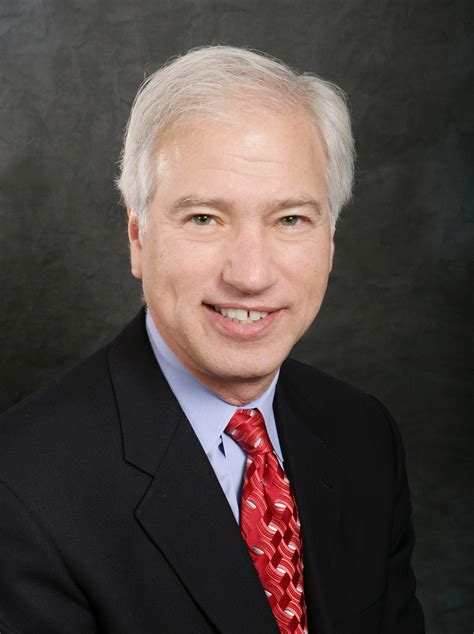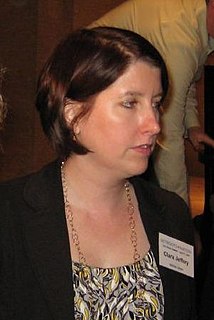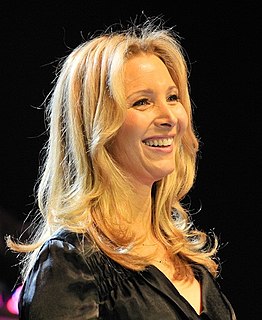A Quote by P. J. O'Rourke
Especially with a magazine like Lampoon, which was very dependent on newsstand sales. Our readers didn't usually occupy the same address long enough to get a subscription, because they were in college, or they were hippies. So it was very up-and-down, and we had to calculate how many to print, which was always sort of a headache from a business point of view.
Related Quotes
I was co-editor of the magazine called The Jazz Review, which was a pioneering magazine because it was the only magazine, then or now, in which all the articles were written by musicians, by jazz men. They had been laboring for years under the stereotype that they weren't very articulate except when they picked up their horn.
10 years ago [in 2006], nearly 90 percent of those albums sold enough in that year to reach Gold status. 10 years later, about 30 percent were eligible. With the new rules, we figure about 40 percent of the top 200 best-sellers for the year will be eligible. We were very cautious in our approach to changing how we calculate what is eligible because the integrity of the process is our foremost consideration. It's difficult to get certified sales awards, and it's a big deal and we didn't want there to be a huge change in how many would be eligible.
As somebody who's kind of a technophile, I'm interested in how traditional and digital publishing connect. Maybe ten years ago they were seen as antagonists, but now they complement each other. There's data that shows digital sales actually drive print sales. And even the ways in which pictures and words, text and image, interact - we're seeing these books that are very hard to categorize. All of that is very exciting to me.
I'm very blessed, mainly because even though my family is mostly in show business, it's really centered around music. My parents were very successful in many ways, but they weren't necessarily top of the charts. We were never wealthy because of music. We always had to work and we always had to struggle a little bit, and I think at the end of the day that's been very good for me, because I have a sense of it being very ephemeral.
Print works! It works as a business proposition - our print readers [of the Mother Jones] not only provide revenue in the form of subs and ads, but they are a core part of our donor community; 10 percent give us a donation on top of their subscription; that's about the same rate as NPR gets from its listeners.
It's fashionable to use terms like 'sales funnels' to describe the sales process for many companies, and it is true that the funnel design is very appropriate for the digital world, but despite all the prose written on sales funnels and the like, my question is still the same - when do you close your sales, and how long does that take?
My family was in two businesses - they were in the textile business, and they were in the candy business. The conversations around the dinner table were all about the factory floor and how many machines were running and what was happening in the business. I grew up very engaged in manufacturing and as part of a family business.
It is only because the majority opinion will always be opposed by some that our knowledge and understanding progress. In the process by which opinion is formed, it is very probable that, by the time any view becomes a majority view, it is no longer the best view: somebody will already have advanced beyond the point which the majority have reached. It is because we do not yet know which of the many competing new opinions will prove itself the best that we wait until it has gained sufficient support.
My parents were very, very close; they pretty much grew up together. They were born in 1912. They were each other's only boyfriend and girlfriend. They were - to use a contemporary term I hate - co-dependent, and they had me very late. So they had their way of doing things, and they reinforced each other.
Google has - at least at this point - maintained the line where it keeps organic results separate from the advertisements. But over time - so in other words, you still get the - there still are honest to goodness results which are based on an algorithm which is based on how important or how many people link to that particular site, so there's that. At the very beginning, there were unobtrusive advertisements on the side that sort of showed up when you typed in certain phrases. Over time, the amount of real estate that those ads take up has increased.
How you prepare for a role is entirely your business in my point of view. There is little enough mystery anymore left in the world in the part of our profession, which should be clouded in mystery because it isn't in the public. You don't want the magician to show his tricks or how he did them do you? So I do think that is a very private thing that we actors should protect ourselves from.


































